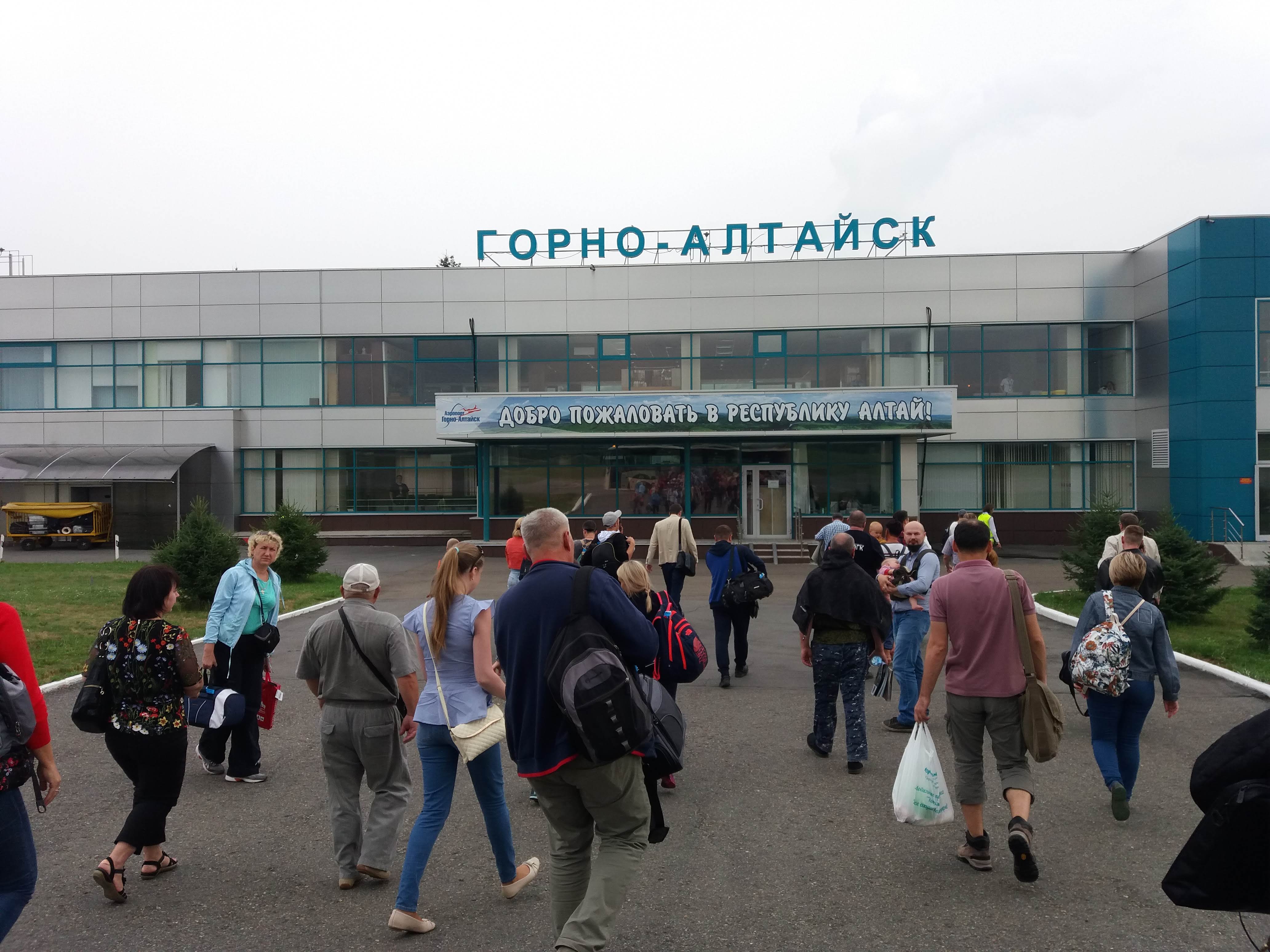About
 SUNRAISE (Sustainable Natural Resource Use in Arctic and High Mountainous Areas) project aims to promote sustainable management of Arctic and high mountainous ecosystems in Bhutan, India and Russia (partner countries, PCs) through enhanced tertiary education linked to labour markets and wider stakeholder circles. This aim will be achieved through the following objectives:
SUNRAISE (Sustainable Natural Resource Use in Arctic and High Mountainous Areas) project aims to promote sustainable management of Arctic and high mountainous ecosystems in Bhutan, India and Russia (partner countries, PCs) through enhanced tertiary education linked to labour markets and wider stakeholder circles. This aim will be achieved through the following objectives:
- To revise and upgrade selected BSc, MSc & PhD programs in PIs to make them end-user-oriented & policy-relevant, and enhance opportunities for LLL education.
- To develop SUNRAISE open education environment Platform (SUNRAISER) and online training services of the new generation (MOOC) for qualitative improvement of the education process and academic workflow support among universities and stakeholders across the PC and EU Member States.
- To create sustainable feedback mechanisms to end-users, ensuring adaptive and practice-relevant teaching contents, knowledge co-production opportunities and stakeholder support to post-project course development and teaching.
- To develop capacity for academic mobility, shared experimental facilities and joint research by PIs and beyond.
Achieving of these objectives will significantly enhance the quality of educational provision in PCs, as the expertise of the whole consortium will become available to individual and group learners (including the students from other programs and, in particular, the learners from remote regions). PhD students will access research facilities at other PCIs through joint research arrangements and benefit from new methods and richer data for their thesis. Likewise, revision of research agendas PhD studies and integrating to them emerging problems and methods, will build teaching capacity at PC HEIs and motivate business and policy actors to engage in closer cooperation. The proposed vehicles for such engagement are national (RU) and regional (IN+BT) SUNRAISE sector collaborative platforms to be set-up for the Arctic and High Mountainous Areas to create a “community of practice”.


